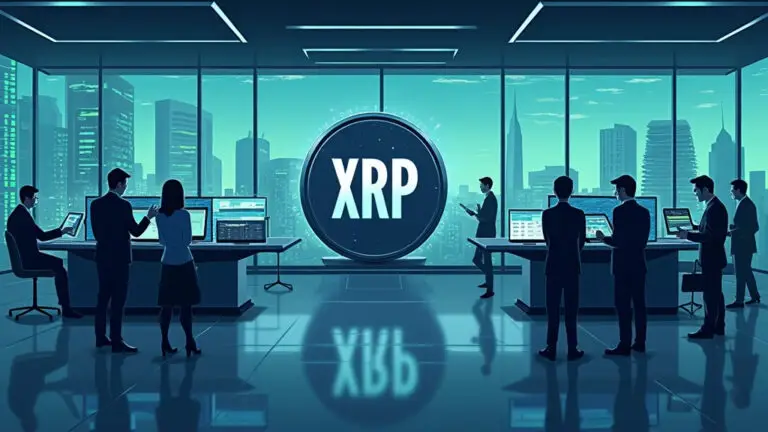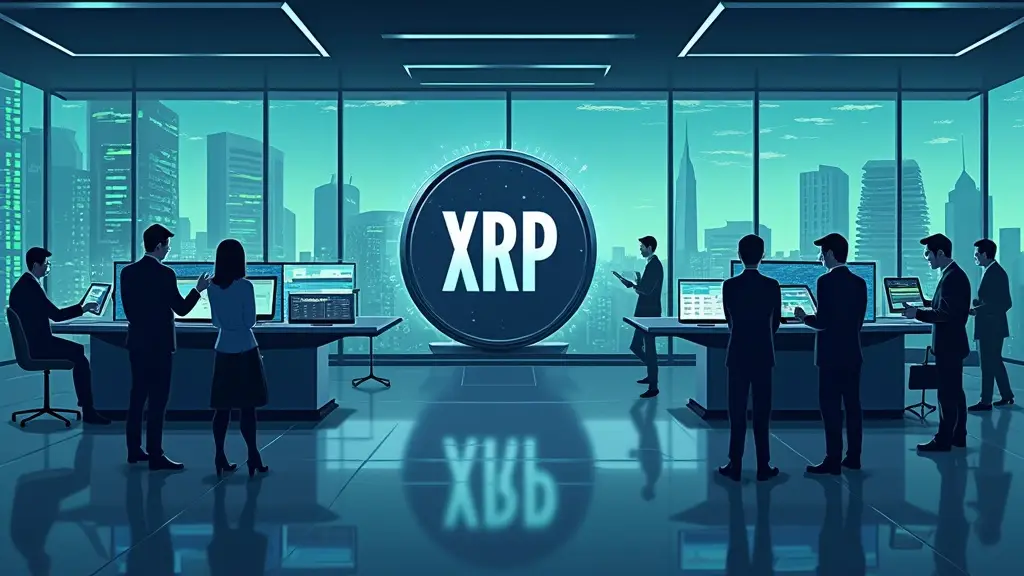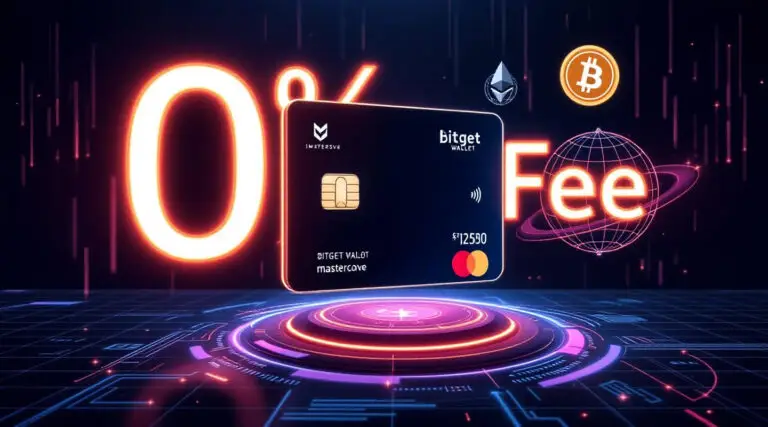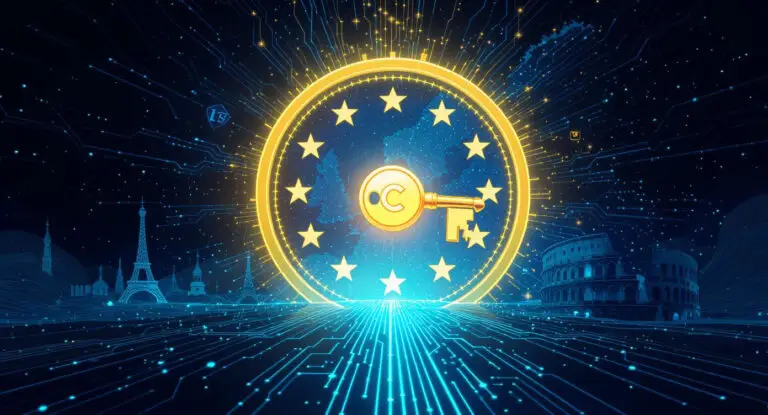A Currency No One Can Use
Despite global momentum in the cryptocurrency space, Taiwan remains cautious, if not skeptical. Since 2013, both the Central Bank and the Financial Supervisory Commission (FSC) have maintained a firm stance: Bitcoin is not a currency but a “highly speculative digital virtual commodity.” The government doubled down a year later, directing local banks in 2014 to steer clear of Bitcoin—no deposits, no transactions, no services. That position hasn’t budged.
Beyond that, Taiwan has yet to pass a comprehensive legal framework addressing digital assets. The two exceptions are regulations targeting security tokens—cryptocurrencies that resemble traditional investment instruments—and anti-money laundering (AML) requirements applied to virtual asset service providers (VASPs).
Security Tokens and a Cautious Start
A key question for any crypto startup eyeing Taiwan is whether its token will be deemed a security. If it is, it falls under the stringent Securities and Exchange Act (SEA). In 2019, the FSC issued a formal ruling designating certain cryptocurrencies as “securities” if they exhibited characteristics such as investor funding, profit expectation, and profit derived primarily from the issuer’s efforts.
To regulate these, the FSC and the Taipei Exchange (TPEx) developed a framework for Security Token Offerings (STOs), finalized in 2020 and amended in 2023. The regulatory regime splits STOs by a funding threshold of NTD30 million (roughly USD930,000). Below that mark, offerings must comply with specific STO rules; above it, they must first be vetted in Taiwan’s financial sandbox.
But the requirements are steep. Issuers must be Taiwan-based, unlisted companies offering only profit-sharing or debt tokens. Only professional investors may participate, and their individual exposure is capped at NTD300,000 per STO. Platform operators must hold a securities dealer license, maintain at least NTD100 million in capital, and post an NTD10 million bond. With all that, only one STO has ever launched in Taiwan.
The AML Push and VASP Scrutiny
Even though security token activity is minimal, crypto exchanges offering non-security token trading continue to operate. While such platforms don’t currently require a license, they are now tightly bound to AML compliance rules.
In 2024, the FSC issued regulations mandating that all VASPs register before providing any crypto-related services—ranging from exchange and custody to underwriting and transfers. Failure to register can bring steep penalties, including up to two years in prison or fines of NTD5 million.
To comply, VASPs must implement internal controls, conduct know-your-customer (KYC) procedures, maintain transaction logs, monitor customer behavior, and report suspicious or large transactions. Registration applications are underway, and the FSC expects to issue approvals by September 2025.
In tandem, the FSC has released operational guidelines covering areas such as white paper publication, asset segregation, cybersecurity, wallet management, and fairness in trading. Even offshore VASPs are subject to some of these rules when servicing Taiwan customers.
New Law, Same Uncertainty
In March 2025, Taiwan signaled the next step: a draft bill to overhaul VASP oversight entirely. The legislation proposes shifting from a registration system to a full licensing regime. It would also set minimum capital thresholds, vet responsible persons and beneficiaries, and introduce new consumer protections.
However, the proposed law still faces political hurdles and has not yet been passed by the Legislative Yuan. Until then, uncertainty looms over how—or when—Taiwan will formalize a regulatory framework suited to the evolving crypto ecosystem.
DeFi and NFTs in Legal Limbo
Emerging blockchain trends like decentralized finance (DeFi) and non-fungible tokens (NFTs) have yet to receive an official stance. Legal experts suggest that DeFi projects must be evaluated on a case-by-case basis, especially where banking, trust, or futures laws might apply. While some argue DeFi lacks a central operator and thus liability, Taiwan’s view may hinge on factual involvement—anyone closely tied to a project could still face legal consequences.
NFTs are equally murky. Regulatory discussions focus on what exactly an NFT grants—ownership of art, music, or collectibles—and whether those rights are clearly defined in legal terms. Even though NFTs are unique by nature, their potential overlap with securities law remains unresolved.
The Road Ahead
Taiwan’s crypto policy sits at a pivotal junction: it is cautious yet increasingly structured. With AML rules now biting and a licensing regime on the horizon, the groundwork is forming. But regulatory ambiguity around DeFi and NFTs, coupled with the slow pace of STO uptake, underscores a core challenge—Taiwan wants to embrace innovation without sacrificing control. Whether it can strike that balance remains to be seen.

















